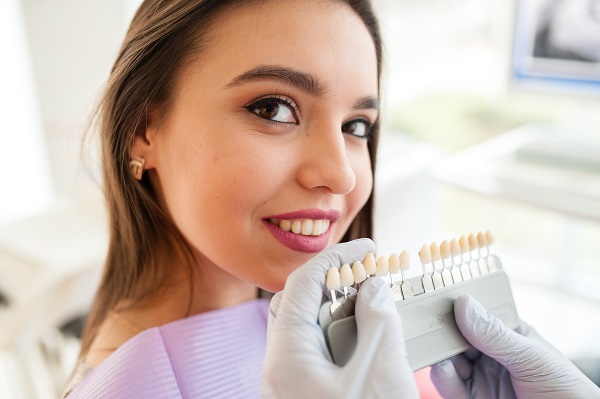Why It Is Important to Replace Missing Teeth
It is essential to replace missing teeth the moment they fall out. Failing to do so can lead to serious health issues. Teeth serve an important function: They help people break down foods, pronounce certain words and their roots keep your jawbone tissue healthy.
What happens when you do not replace missing teeth
When some of a person's teeth are missing, there are changes that immediately start taking place. For starters, the remaining teeth will begin to move toward the gap in an attempt to fill it up. This leads to them falling out of their proper alignment, leading to bite issues that require orthodontic treatments to correct.
In addition, patients start to lose jawbone tissue when missing teeth are not quickly replaced. This occurs because the person's jawbone is no longer being properly stimulated by the missing teeth and their roots. The result is the loss of a significant amount of bone tissue and changes to the patient's facial structure.
The drawbacks of failing to replace missing teeth do not stop there, though. Patients who have lost some of their natural teeth tend to be rather conscious about the way they look. The condition of a person's teeth are one of the first things people notice about their appearance, and judgments are often made based on their condition. This leads to a loss of confidence as they find themselves constantly worrying about what others think about them during interactions.
These patients have good reason to be worried about their appearance. A healthy-looking, complete set of teeth is often viewed as a sign of attractiveness and good health, while missing teeth are seen as unattractive and a sign of aging.
A missing tooth also leads to complications with the opposing arc. The tooth opposite the missing one no longer has anything to make contact with, and that can lead to a host of issues like gum problems, shifting, looseness or fractures.
How are missing teeth replaced?
Now that we have a solid understanding of the consequences of not replacing missing teeth, let us go over common options for replacing them. These include:
1. Dentures
Dentures are the cheapest way to replace missing teeth. These devices consist of two parts. A base that connects the prosthetic to the patient's mouth and artificial teeth that serve as a replacement for the missing teeth.
2. Bridges
Dental bridges are a more expensive alternative to dentures, but these devices offer a more permanent solution for missing teeth. A bridge is anchored on the two teeth closest to the gap on both sides. These teeth are often protected with crowns for increased stability.
3. Implants
Implants are a great way to replace missing teeth. These devices replace missing teeth and their roots, restoring the patient's appearance and preventing most of the issues associated with missing teeth.
Wrapping up
It is not always possible to prevent the loss of a tooth, but it is essential to understand what happens when teeth are missing to prevent further issues from developing. Schedule an appointment with one of our dentists to learn more about your options.
Here's how you do that …
Request an appointment in our San Jose dentist office here: https://ddsbaik.com.
Check out what others are saying about our services on Yelp: Read our Yelp reviews.
[recent-blogs count=”4″ layout=”horizontal”]



